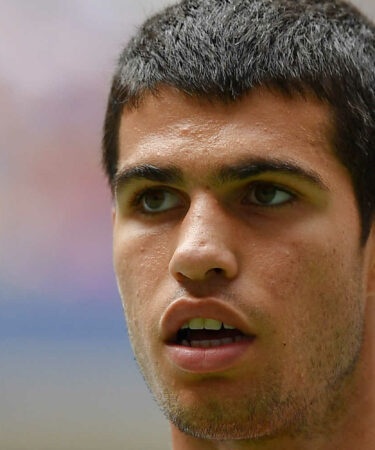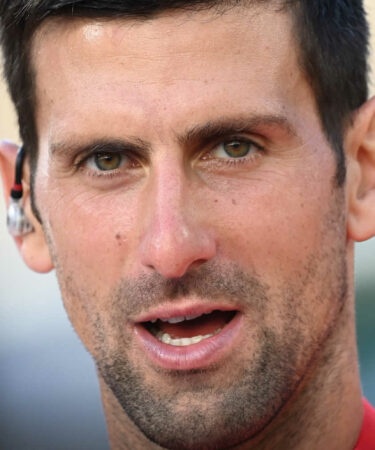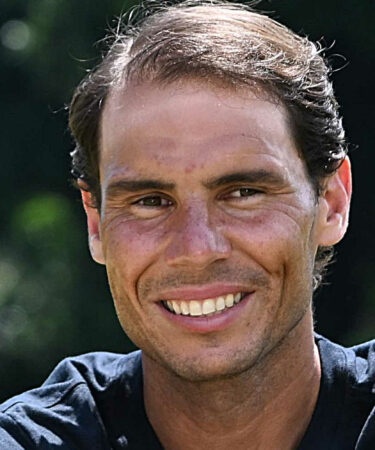Roger Federer on the future of men’s tennis: “There will definitely be a few players with 20+ slams”
The Swiss believes the homogenisation of court speeds in recent years means that dominant players will be able to get on a roll
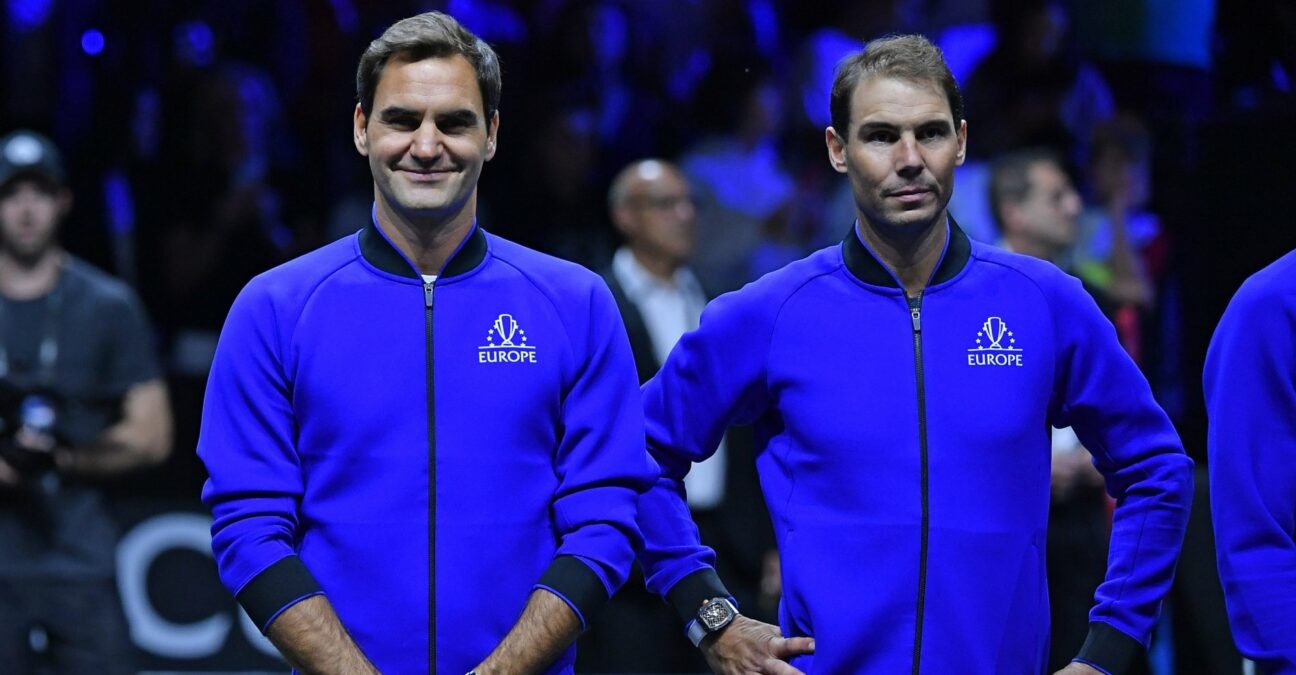 Antoine Couvercelle / Panoramic
Antoine Couvercelle / Panoramic
Roger Federer believes the homogenisation of court speeds jn recent years makes it more likely that players will be able to win 20 or more Grand Slams in the future.
The 41-year-old bows out of professional tennis this weekend after the Laver Cup, having won 20 slams, 103 titles worldwide and set numerous records, many of which may never be broken.
But the Swiss believes that future generations will be able to have the success he, Rafael Nadal and Novak Djokovic (who have both overtaken him in terms of Grand Slam titles) have enjoyed.
“I do believe more than ever you can dominate through all the surfaces that’s for sure because they all play the same,” Federer told a group of British reporters at the Laver Cup, on the eve of his final appearance as a professional, alongside Rafael Nadal in doubles.
“There is not the serve-and-volley dangerous guys anymore on quick surfaces. This is not quick (at Laver Cup). Yesterday I did a Uniqlo clinic and I asked: ‘How is the court, guys?’ (They said): ‘Oh, it looks so slow’. There you go. Welcome to my world.
“You know, everything’s slow nowadays. Indoors is not what it used to be. It wasn’t like this type of surface (pointing to a wooden floor), where it was like lightning.
“That’s why I think there will be more players in the future with I’d say five-plus slams. Because once you get on a roll, you can stay on a roll. I do believe at some point, somehow, there will be definitely a few players with 20-plus Slams. I’m convinced about that.”
“Once you reach five, seven, then we can start talking”
The victory of Carlos Alcaraz at the US Open propelled the 19-year-old Spaniard to the top of the world rankings and made some wonder aloud whether he may be a player capable of chasing down the Big 3 in terms of titles.
Federer said it would be unfair to single out one player who could do it, wary of putting too much pressure on their shoulders.
“You don’t want to have that price tag – ‘you’re the one who’s going to win 20-plus’, Federer has said so,” he said. “I think that’s not fair because nobody can predict that type of number.
“Once you reach maybe five, seven, you can say like: ‘OK, now we can start talking. But we never talked about 20 with me. We always talked about maybe you could reach 15 (to beat the previous record, set by Pete Sampras). It just starts to increase more and more.”
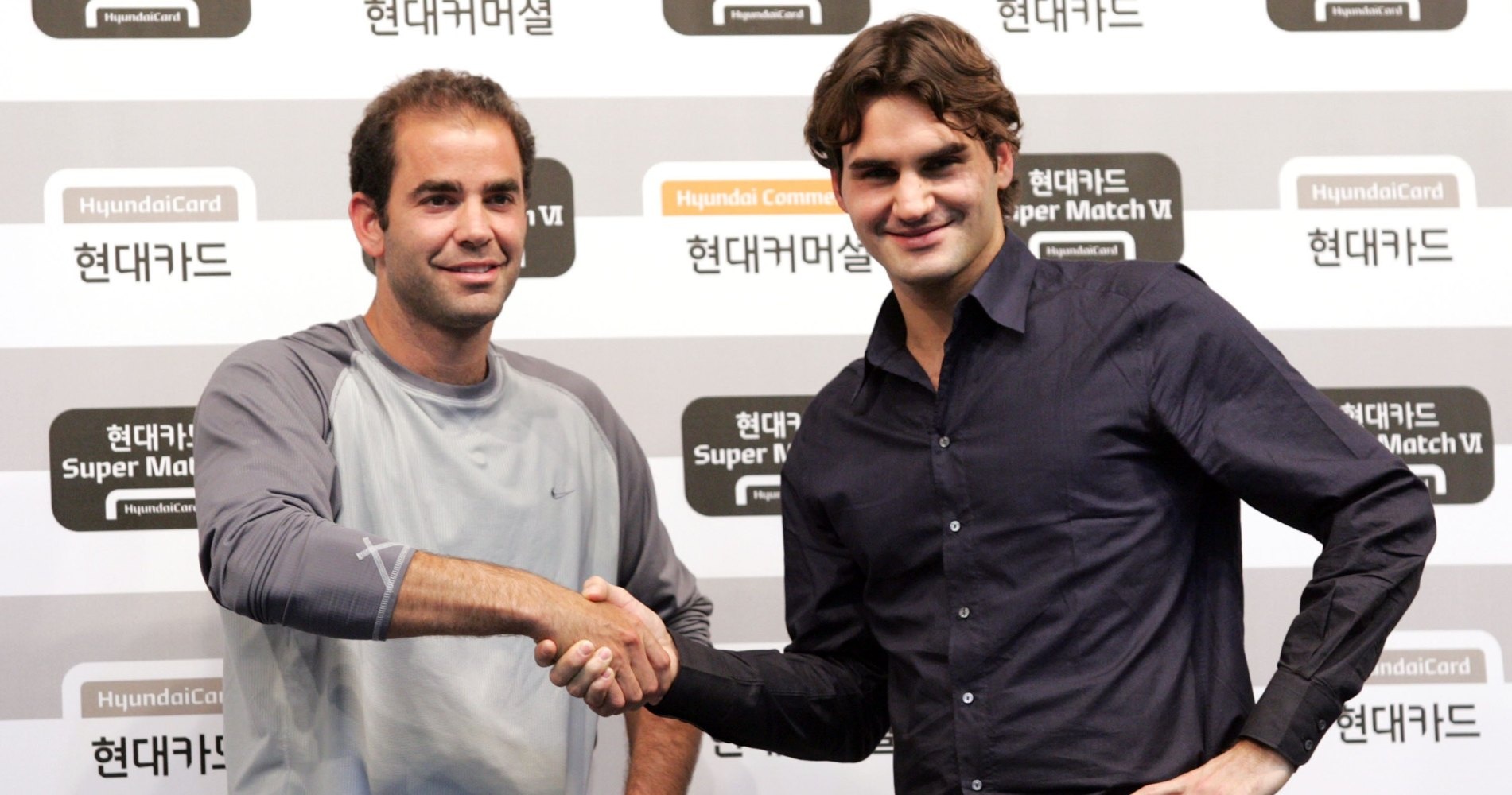
Federer: “I believe we need more five-setters again”
The future of men’s tennis is often discussed, from new players to match length and attention spans of those watching tennis on TV.
The Laver Cup offers a unique format, with more points for match wins on successive days. But while some have suggested matches should be shortened in future, Federer disagrees.
“I think we need everything,” he said. “I think we need these (different) types of formats. But I personally believe we need more five-setters again. I talked to Bjorn Borg and Andy Murray yesterday about it.
“Now, not everybody agrees but I miss the World Tour Finals best-of-five. I miss the 1000 best-of-fives. I played Gstaad best-of-five finals. Basel best-of-five finals. Those were the things that were happening back in the day. Then you go even further back to Miami which had best-of-five since the first round back in the day. That’s why it was called the fifth slam. So that’s one thing to think about. “
Federer said better personal scheduling and not playing too many tournaments, was the key to longevity.
“Having a certain (number) of team competitions, the right ones, is important,” he said. “I think the players truly enjoy being in a team. It’s nice being with your team but having something organised for you, you come in and be like: Okay, let’s do it. You know, it is a wonderful feeling.
“I mean I made it to 41 – or 40 if you (don’t) want to count the last year – and Serena did it for a very long time. There’s nothing wrong with the system per se. I think you can choose as a player how much you want to play.
“So from that standpoint you can be really strong. ‘OK. I will not play this next week. Everybody else will gain points, I won’’.’ So you need the right team, the right people around you to manage that. And that’s not an easy thing to do.”
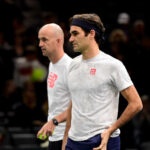





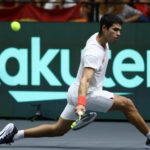

People in this post
More tennis news
Paris Masters: Khachanov rolls over fatigued Dimitrov to make semi-finals

Mérida Open: Li puts on dominant display over Teichmann to make the semi-finals

Bolivia Open: Arango prevails in close first set, before dominating second to reach last four

Mérida Open: Korneeva upsets Blinkova to reach last eight

Bolivia Open: Udvardy rolls Wurth to book semi-final spot




